By Murray Siegel
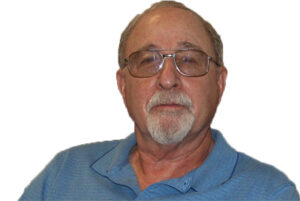
This column is written for parents and grandparents of young girls who have shown an ability and an interest in mathematics.
For many years, females were discouraged from pursuing an interest in mathematics, but thankfully, that has changed. Yet the question might still be asked, what can a young lady do following her interest in math? To answer that question several women who were (and still are) math nerds will be highlighted.
Jelena Kovacevic grew up in Yugoslavia and states, “I’ve been a math nerd for as long as I can remember, and I’m proud of it.” She received her undergraduate degree in electrical engineering from the University of Belgrade, moved to the United States when her father was the Yugoslav ambassador and obtained her Ph.D. at Columbia. She worked at Bell Laboratories and became chair of Electrical and Computer Engineering at Carnegie Mellon. Last year, she was appointed dean of NYU’s Tandon School of Engineering, the first woman to do so in the school’s 164-year history.
Eleanor Baum realized early that her love of math was directing her to be an engineer, but in the 1950s females were not supposed to be engineers. One college would not admit her because they had no women’s bathroom. City College of New York admitted her, and she was the only woman in her engineering class. She earned a Ph.D. at Polytechnic Institute of New York and worked in aerospace before becoming dean of Engineering at Pratt Institute, the very first woman to be an engineering dean at an American university. She was appointed dean of Engineering at the prestigious Cooper Union and is now dean emeritus there.
Audrey Malagon grew up in rural Nebraska and was always interested in math. Fortunately, there was a summer honors program where her interest was enriched. She received a Ph.D. in mathematics from Emory University and is a professor at Virginia Wesleyan, where she shares her passion for mathematics. Her ultimate professional goal is to be a university president.
Not all females with mathematical ability become academics. Mary Barra obtained an electrical engineering degree from General Motors Institute, and, after receiving an MBA from Stanford, worked at General Motors and is currently the CEO of that corporation.
Danica McKellar had an early interest in math and received her mathematics degree from UCLA. She has written books aimed at exciting young girls about math. You know her best as Winnie Cooper on “The Wonder Years” television series.
Female math nerds have also become physicians, lawyers and politicians. Mathematical ability can be the key allowing a young woman to open the door to success.
Murray Siegel, Ph.D., has 44 years of experience teaching mathematics. He is in his fourth year as a volunteer at Butterfield E.S.
This column appears in the February issue of InMaricopa.




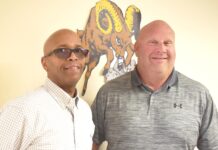


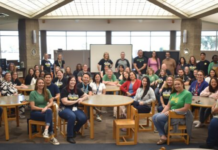

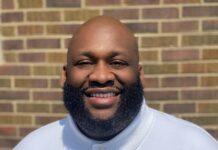


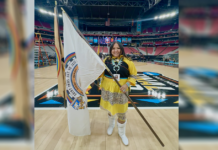


![Affordable apartments planned near ‘Restaurant Row’ A blue square highlights the area of the proposed affordable housing development and "Restaurant Row" sitting south of city hall and the Maricopa Police Department. Preliminary architectural drawings were not yet available. [City of Maricopa]](https://www.inmaricopa.com/wp-content/uploads/2024/04/041724-affordable-housing-project-restaurant-row-100x70.jpg)

